Atiku vs Peter Obi: Who Will Be ADC Coalition Flag Bearer In 2027 Election
On Tuesday, July 2, 2025, in a packed hall in Abuja, some of Nigeria’s most powerful political figures, comprising of Atiku Abubakar, Peter Obi, Nasir El-Rufai, Rotimi Amaechi, Rauf Aregbesola, David Mark, Dino Melaye, Gabriel Suswam, Datti Baba-Ahmed, and Aminu Tambuwal stood side by side in ADC Coalition, the banner of a party most Nigerians had nearly forgotten: the African Democratic Congress (ADC).
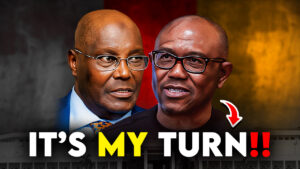
They didn’t come together by accident. They came with a plan. This plan is to form a new national coalition and take over power from Bola Ahmed Tinubu in the 2027 presidential election. But this is not a fresh start.
This is not a movement led by new faces or youth voices. It is a complete takeover of an existing political party by men who have spent decades in power, across multiple parties, with long records that Nigerians have not forgotten.
The ADC, a party founded in 2005, was never meant for this scale of politics. But on July 2, it was handed over in a closed-door deal that saw its national leadership resign and immediately replaced with a new interim structure of David Mark as national chairman, Aregbesola as national secretary, and an unspoken understanding that Atiku or Obi would fly the 2027 presidential flag.
This was not a merger. It was a backdoor power transfer, with no party congress, no grassroots consultation, and no input from existing ADC members.
Mind you, this video is not about hope. It is not supporting anyone but rather stating things as it is. It is not about sentiment. It is about power, and how it’s being recycled in plain sight by the same people who have ruled Nigeria since the early 2000s.
watch full video on our YouTube
It’s about why Peter Obi, who ran against Atiku in 2023, is now on the same team, and why Rotimi Amaechi and El-Rufai, both former ministers under Buhari’s APC government, are now positioned as opposition leaders. It is about exposing the structure they are building, the interests they are protecting, the legal chaos behind the takeover, and what this means for the 2027 election.
The course of this video will break it all down. We’ll be naming names, facts, timelines, betrayals, power shifts, court cases, and the silent war already brewing within this so-called new opposition.
The Event That Shook Abuja
The July 2nd event was a carefully staged show of power, timing, and symbolism. Held in Abuja, Nigeria’s political capital, the meeting was filled with tension, familiarity, and strategic silence.
No single political party was officially represented, yet every political party of the Fourth
Republic was present in the room facially. From the People’s Democratic Party (PDP) to the All Progressives Congress (APC) to the Labour Party (LP), this coalition brought together figures who, up until recently, stood on opposite ends of Nigeria’s most bitter political rivalries.
Then came the rollout.
Former Senate President, David Mark, a long-serving PDP statesman and ex-military officer, was officially unveiled as the Interim National Chairman of the “new ADC.” Known for his years in the Senate and his loyalty to PDP’s internal structure, Mark’s presence sent a strong message: this was not a youth uprising. This was not a reformist movement. This was a senior-level elite reorganization.
Alongside him was Rauf Aregbesola, the former APC Minister of Interior and two-time Governor of Osun State, now named as the Interim National Secretary.
His inclusion only symbolizes a clear intention that the coalition was not trying to separate itself from the APC’s political DNA (their stream of corruption), rather it was embracing it. The lines between former enemies had officially been erased like the rivalry had been forgotten overnight. Now, what mattered now was power.
Seated close to the front row was Atiku Abubakar, Nigeria’s former Vice President and serial presidential contender, who contested under PDP in 2007, 2019, and 2023. His presence alone would have dominated headlines, but there was more. Sitting near him was Peter Obi, the Labour Party’s 2023 presidential candidate who, just one year earlier, was rallying millions of young Nigerians with promises of a new Nigeria.
Now, he sat a few feet from Rotimi Amaechi, the former APC minister and Tinubu critic, as well as Nasir El-Rufai, the controversial former
Governor of Kaduna State and once a staunch defender of President Buhari’s northern agenda.
Also in the room were Dino Melaye, a loud PDP figure and staunch Atiku loyalist; Gabriel
Suswam, the former Governor of Benue and another PDP heavyweight; Datti Baba-Ahmed,
Obi’s former running mate in the Labour Party; and Aminu Tambuwal, the former Governor of Sokoto State, one-time Speaker of the House, and a long-time PDP strategist.
They represented multiple generations of power, multiple platforms of ambition, and a single calculated decision which was to abandon their fractured parties and merge themselves into a fresh political brand, without building one.
The real shock wasn’t just who was present. It was who wasn’t speaking.
See, none of the existing ADC leaders addressed the press. Ralph Nwosu, the man who chaired ADC for nearly two decades, had resigned days earlier along with the party’s National
Working Committee. There was no formal convention.
There was no grassroots consensus. The ADC’s original members were absent. This wasn’t a democratic transition. It was a silent, elite-approved acquisition. The party had effectively changed owners.
News of the event immediately flooded every political conversation in the country. And why not?
It trended on X (formerly Twitter) under hashtags like #ADC2027, #OppositionCoalition, and
#PeterObiJoinsAtiku. And as usual, Nigerians’ opinions were divided. Some saw it as a ‘checkmate’ that’ll eventually be a match for Tinubu in 2027, because it was a single, united opposition. Others saw it as a betrayal of every promise Peter Obi made in 2023.
The press coverage was intense but cautious. Most headlines referred to the event as a “coalition unveiling,” but underneath the reporting was a deeper discomfort: this was not how coalitions are formed. This was how coups are executed, quietly, swiftly, without warning.
A twitter handler had this to say:
“If you choose to cast your vote for these individuals, regardless of their party affiliation, you reveal yourself to be wilfully blind, willfully deaf, and undeniably complicit in the very dysfunction that plagues this nation. Must I still remind you that these are the same corrupt politicians endlessly recycling themselves under new banners? It is time to employ discernment, use your intellect.” And is he wrong?
Dumebi Kachikwu, the ADC’s 2023 presidential candidate, immediately rejected the takeover. In an explosive press statement released within hours of the Abuja event, he declared:
“This is fraud. This is not a merger. This is a hijack. These are the same political actors who have failed Nigeria repeatedly, now trying to cover themselves in the skin of a smaller party that stood for something real.”
Kachikwu, who had clashed with Ralph Nwosu in the past over internal party democracy, confirmed that the entire manoeuvre was illegal, and vowed to take legal action. According to him, not only was there no merger document filed, but the people now calling themselves ADC leaders had no constitutional mandate within the party. He insisted that this was not a coalition but an elite shortcut to avoid the rigorous process of party formation, registration, and INEC scrutiny.
He wasn’t wrong. And why do I say so:
Under Nigerian law, a political merger or change of leadership must be reported and registered with INEC, accompanied by constitutional amendments and ratified minutes of congresses. None of that happened. Instead, what occurred was a swift administrative decapitation, removing the head of the party and replacing it with men from outside the structure, without consent from within. This is what makes the situation not only controversial but potentially illegal.
The legal battles are already underway. Two cases filed by ADC members in early 2024, questioning Nwosu’s authority to remain in office beyond his constitutional term, are now back in focus. If the court upholds those earlier rulings, it means Nwosu had no legal right to hand over the party to anyone. If that’s the case, then David Mark and Rauf Aregbesola, no matter how experienced or respected, are simply figureheads without valid standing. It would also mean the 2027 electoral aspirations of the coalition could be thrown into disarray if INEC refuses to recognize the current structure.
This entire situation reveals something deeper: what we are witnessing is not a national opposition movement being built with public participation, but a hostile elite consolidation. It wasn’t founded on ideology, or unity, or reform.
It was a chess move, orchestrated quietly like we said earlier, to give well-known political veterans a new platform with a new name, without going through the hard work of party formation or policy development.
If this coalition truly believed in a new beginning, they would have created one. They have the money. They have the access. They have national visibility. But instead of building, they borrowed a party with an unsettled legal past, stripped it of its leadership, and began branding it as the future of Nigeria’s opposition.
The Brutal Questions No One Wants to Answer
Now that the banners have been rolled out and the chairs have been rearranged under the new ADC coalition, it’s time to stop clapping and start asking the questions that matter, not the ones politicians want us to ask, but the ones ordinary Nigerians are thinking among themselves, especially the young people who carried the 2023 elections on their backs only to be sidelined in the very next cycle.
A handler on X, known as Aisha Yesufu had this same question to ask. In her words, she said:
“Dear Coalition (ADC), Women leader and Youth leader positions cannot be what is reserved for women and youth. You see this table full of older generation men, cannot be the only ones allowed to make the decision as we go on! Women and Youth must be in the midst of decision-making and not as afterthought in the form of tokenism. Dear Women and Youth, This is the time for the numbers you have to be heard loud and clear. JOIN!!! Be part of the leadership! Be part of the delegates Be part of floor members. Overwhelm for good! Bring in ideas from out of the box!
Did you get the message? Did you get what she’s trying to say?
The first and loudest question is where are the young, clean faces of Nigeria in this new ADC? Not in the speeches. Not in the press briefings. Not on the podium.
Can we see that this coalition is made up entirely of men who have sat at the table of power for decades? There was no youth delegate, no movement leader, no student union voice, no activist, no CSO representative, no real civic face at the unveiling in Abuja. For a country where over 60% of the population is under 30, the absence of youth representation in a coalition that CLAIMS to offer national salvation is not a joke! Isn’t that a warning? Is this truly about a new Nigeria or is it about the old one repainting its face?
Let’s call it what it is. Atiku Abubakar has lost six presidential attempts. Peter Obi lost in 2023 after claiming he would usher in a new political culture. Rotimi Amaechi was rejected in the APC presidential primary. Nasir El-Rufai was sidelined after Buhari’s exit and now walks a tightrope with northern political blocs. Dino Melaye, David Mark, Tambuwal, Aregbesola, Suswam, each of them carries the weight of their political history and personal ambition, not a public mandate.
They are not uniting because they share an ideology! They are uniting because they share a common problem! And that is their political irrelevance under the current APC regime. They are not valued! Hence, ADC is not a national movement for the people, it is a political rehabilitation centre for veterans who don’t want to retire.
The most confusing and painful question sits on Peter Obi’s shoulders: Is Obi just desperate for another chance, or does he genuinely believe this is the right path? In 2023, Obi positioned himself as the anti-establishment outsider. He gained unprecedented youth support, millions of organic votes, and global attention, not because he was perfect, but because he was not them. He was not Atiku. He was not Tinubu. He was not Amaechi. He was not El-Rufai. He ran against the same system he has now aligned himself with.
So what changed?
Did the courts convince him there’s no victory without a coalition? Did the realities of Nigerian power structure force him to surrender? Or did the man who preached political integrity decide that power, like any kind of power, is better than staying principled on the sidelines? If this coalition fails, Obi doesn’t just lose another election, he loses the trust of millions who believed in his 2023 campaign as a once-in-a-generation opportunity for clean politics.
And finally, will this structure truly serve the Nigerian people, or will it just recycle power among the same elite class? So far, there is no new manifesto. No people-driven charter. No town hall meetings. No public consultations. No ideological framework for what this coalition actually stands for beyond defeating Tinubu. What do they believe in? What is their economic vision? Who are their policy experts? Who is going to be the flag bearer? How will they handle security differently from Buhari and Tinubu? What will they do about corruption, job creation, police reform, education, energy, restructuring?
Your answer is right, nobody knows.
The Tinubu Factor
The real force the ADC-led opposition coalition is fighting isn’t just the APC, it’s Bola Ahmed Tinubu himself. Beyond the press conferences and unity campaigns, this coalition is forming around just one goal, and that is to challenge Tinubu’s grip on Nigeria’s power structure.
Since his rise to the Lagos governorship in 1999, Tinubu has built not just a political career but an entrenched system of control, one that has now expanded to the federal level and dominates nearly every institution critical to Nigeria’s democracy.
This isn’t merely about his presidency. Tinubu represents a decades-old political machine that has grown from Lagos into a national empire. The APC, under his influence, has gone beyond being a party, it is now a deeply embedded power structure.
The security sector is not left out. Military and police forces showed visible bias during the 2023 elections, especially in opposition territories, further indicating where their loyalty lies. Even the media landscape has changed. You’d agree that investigative reports that once questioned Tinubu’s past have grown silent, and major outlets tread carefully around his administration.
What’s more concerning is that Tinubu has taken the same template he used to dominate Lagos, through loyalty-driven appointments, godfather politics, media manipulation, and dynastic positioning and he has applied it at the national level.
The question now is whether this coalition can stop such a system. Do they have what it takes? Because Tinubu’s empire isn’t built for short-term elections, it’s built to withstand them.
This isn’t just about 2027. It’s a battle against a political model that has adapted to every form of opposition. And unless the coalition can convincingly prove that it’s fundamentally different from the system it seeks to replace, it may not only lose, it might crumble under the weight of its own contradictions.
Nigeria does not need another alliance of convenience. It needs conviction. The country is broken. People are suffering. The naira is crashing. Unemployment is rising. Food prices are unbearable. Insecurity remains unchecked. The last thing Nigerians need is a grand stage where yesterday’s politicians gather to pretend they’ve changed simply because they switched jerseys.
So before anyone calls this a coalition of hope, they must first prove that it isn’t a coalition of survival, for themselves, but for the country.
In conclusion, someone had this to say on X, and I believe they said right. His words goes like this: “This is the sole individual who genuinely harbours goodwill for Nigeria, the only man who has consistently refused to align himself with the entrenched structure of criminality.
If you so choose, go ahead and cast your vote in 2027 for the perpetual criminals or the so-called All Displaced Criminals—those who have merely reshuffled their alliances while preserving the same corrupt system.
Nigeria will surely succeed, Don’t give up
So tell me, do you think this ADC can unseat tinubu and the APC in the 2027 elections, or what if Tinubu takes a good turn to start being a good president?
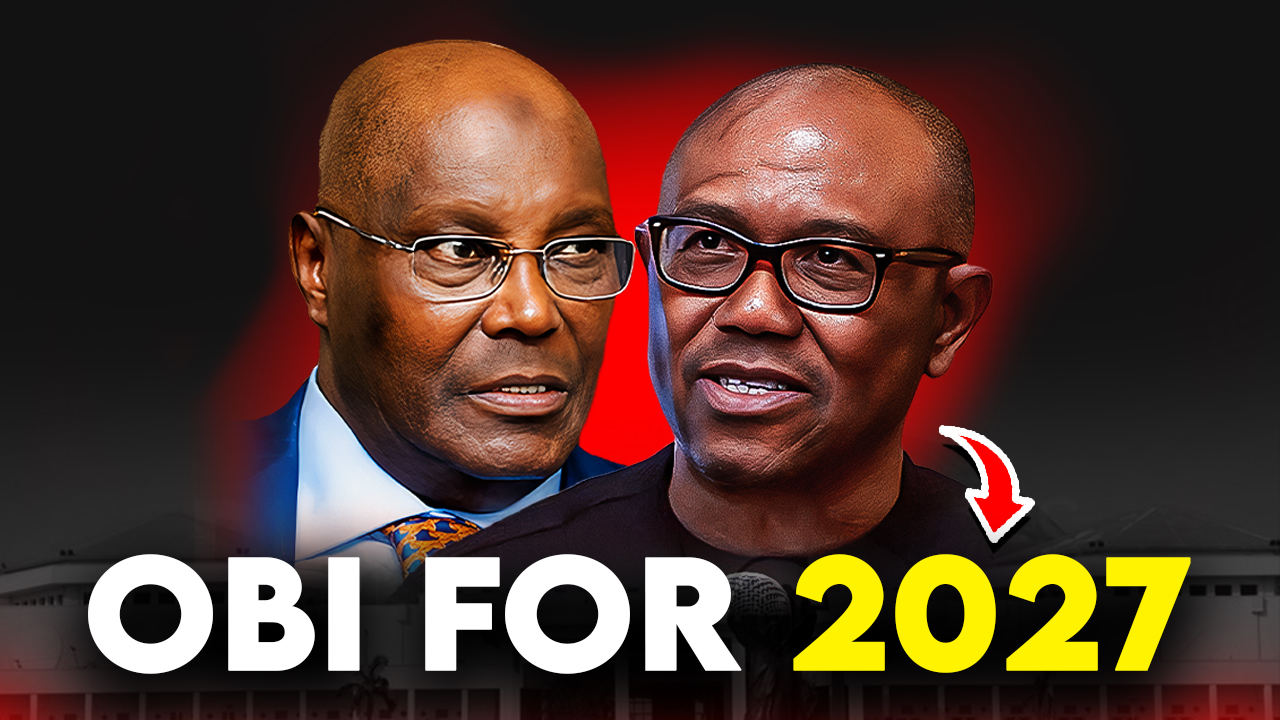
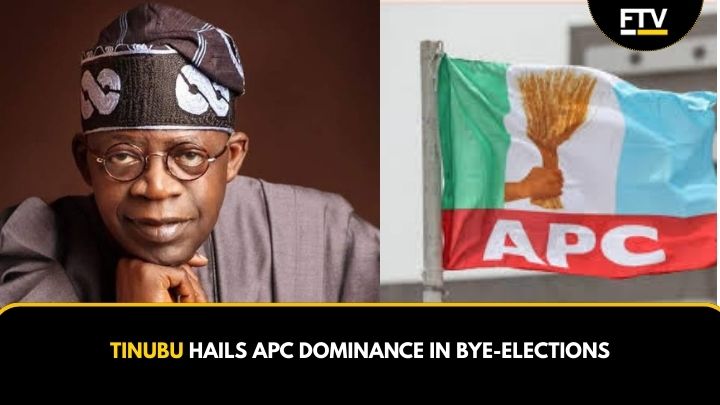
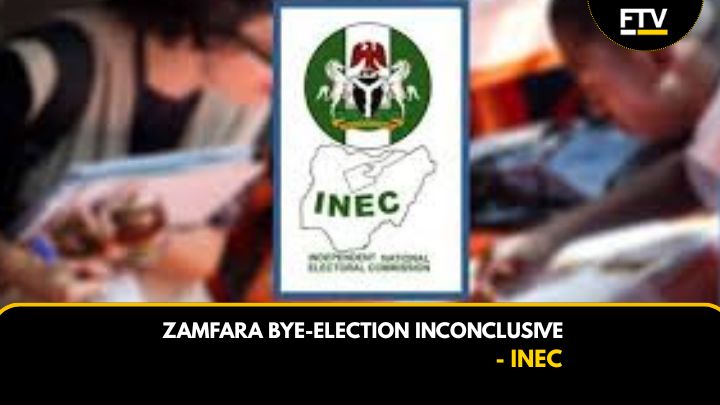

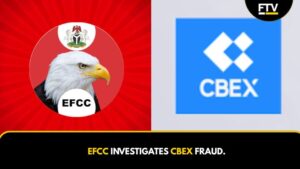

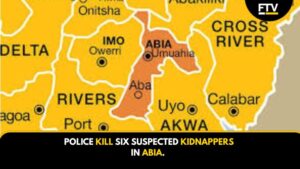


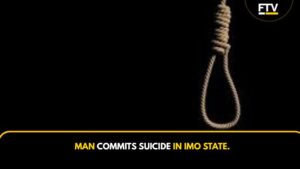
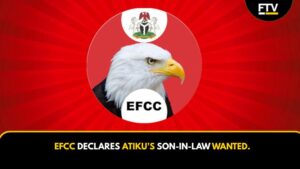

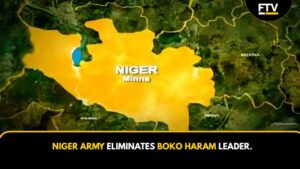
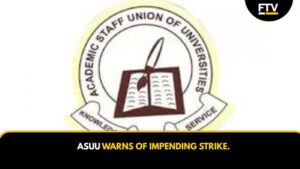
1 comment